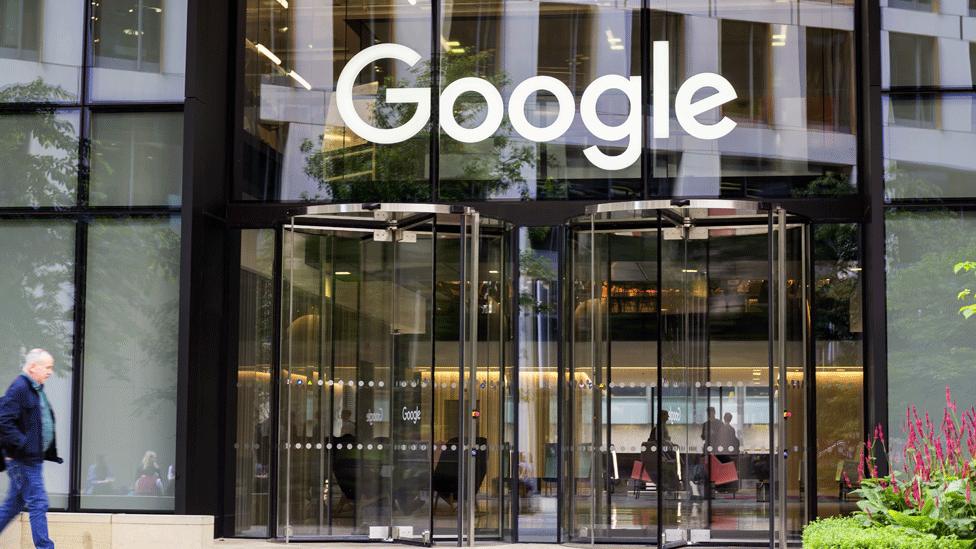Google's ethics board shut down
- Published

Google's ethics board proved controversial from the start
An independent group set up to oversee Google's artificial intelligence efforts, has been shut down less than a fortnight after it was launched.
The Advanced Technology External Advisory Council (ATEAC) was due to look at the ethics around AI, machine learning and facial recognition.
One member resigned and there were calls for another to be removed.
The debacle raises questions about whether firms should set up such bodies.
Google told the 91╚╚▒Č: "It's become clear that in the current environment, ATEAC can't function as we wanted.
"So we're ending the council and going back to the drawing board. We'll continue to be responsible in our work on the important issues that AI raises, and will find different ways of getting outside opinions on these topics."
There had been an outcry over the appointment of Kay Coles James, who is president of conservative thinktank The Heritage Foundation. Thousands of Google employees signed a petition calling for her removal, over what they described as "anti-trans, anti-LGBTQ and anti-immigrant" comments.
At the weekend, board member Prof Alessandro Acquisti resigned, tweeting: "While I'm devoted to research grappling with key ethical issues of fairness, rights and inclusion in AI, I don't believe this is the right forum for me to engage in this important work."
The panel had been announced at a conference at the Massachusetts Institute of Technology, and had planned to meet four times in 2019.
One of the eight members, Joanna Bryson, a professor from Bath University, expressed anger at Google's decision to pull the plug.
She tweeted: "I thought there were enough smart people at Google that there must be some process for either communicating or improving decisions. But I was wrong, and the people who called me naive were right."
Allow Twitter content?
This article contains content provided by Twitter. We ask for your permission before anything is loaded, as they may be using cookies and other technologies. You may want to read and before accepting. To view this content choose ÔÇśaccept and continueÔÇÖ.
- Published26 March 2019